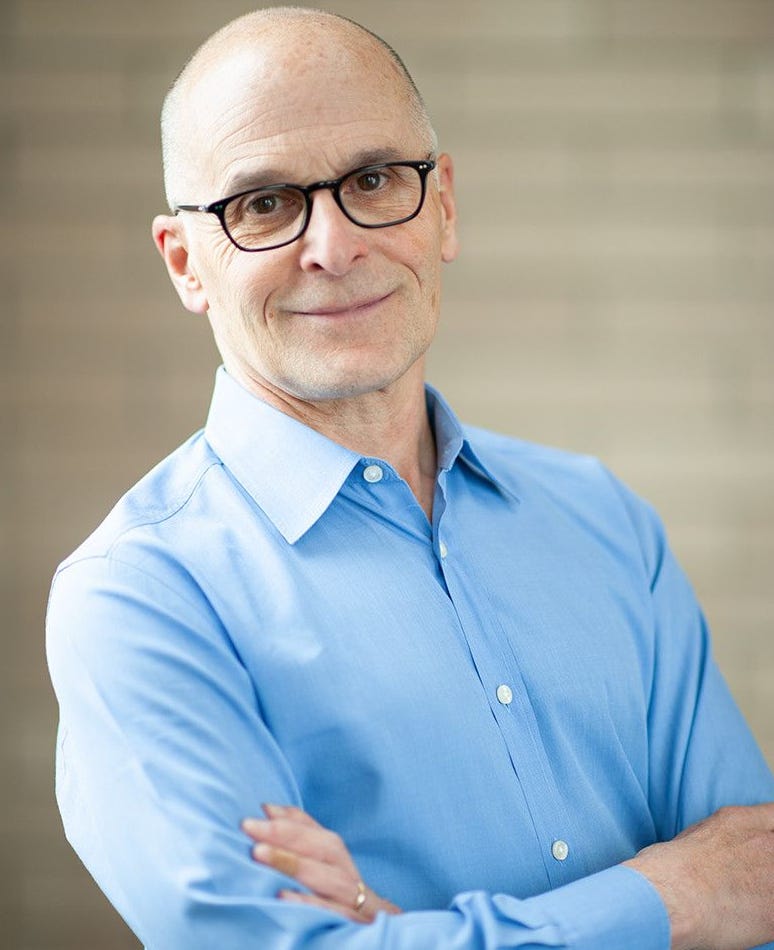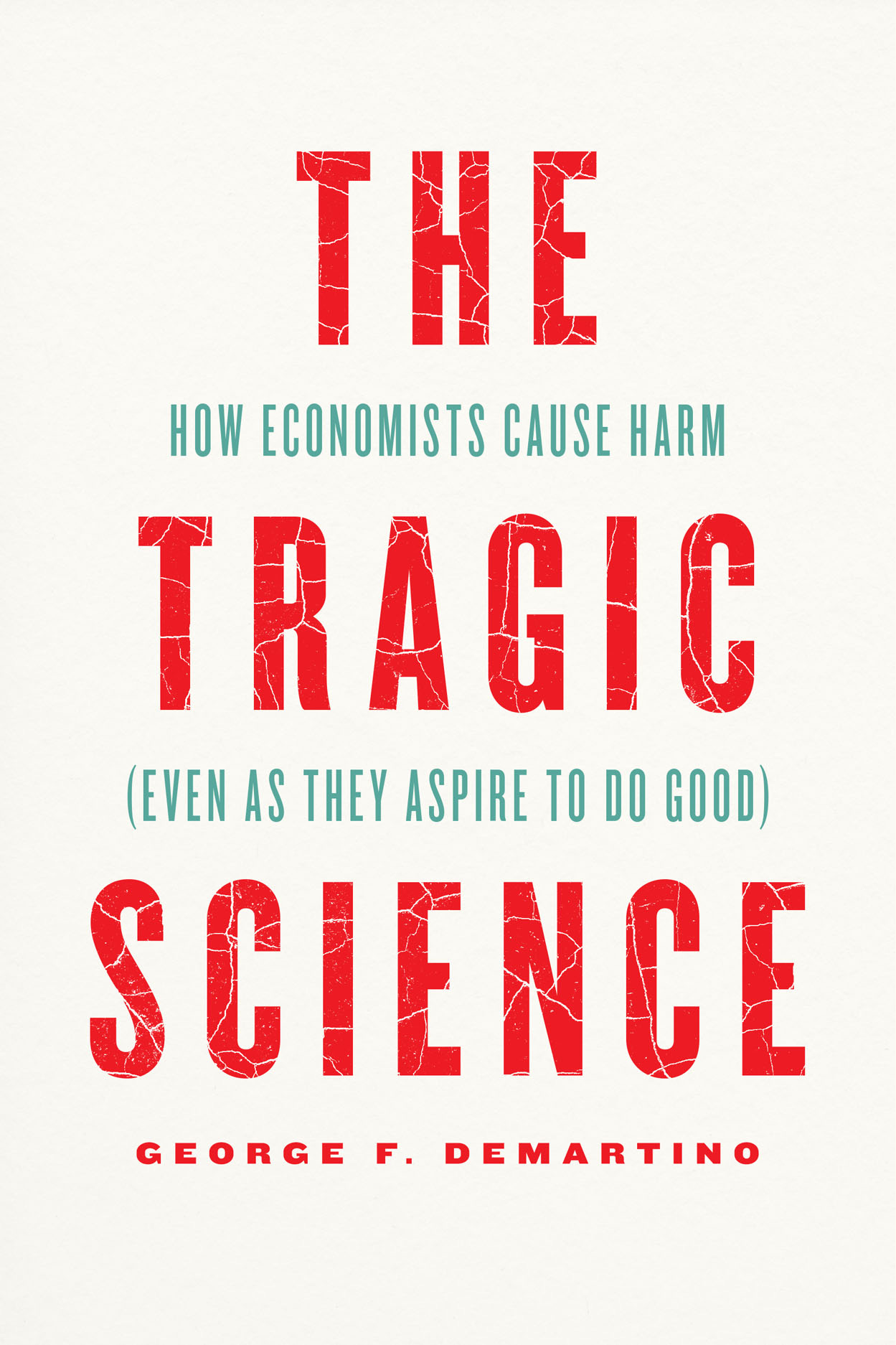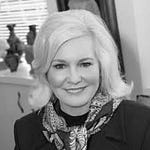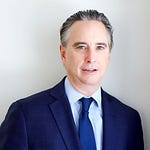🎙️ Episode Details
Guest: George DeMartino: The Hale Report Ep. 70
Title: Forecasting Harm? The Ethical Tragedy of Economics
Host: Lyric Hughes Hale, Editor-in-Chief of econVue
Producer: Sam Fu
⮑ Recorded THU JUL 17, 2025 · 2:00 PM CDT (Chicago) · 62 minutesIn this new episode of The Hale Report, George DeMartino—Professor of International Economics at the University of Denver and author of The Tragic Science—joins Lyric Hughes Hale to discuss the moral responsibilities of economists. They explore the profession's lack of a formal ethical framework, the dangers of economic paternalism, and how cost-benefit analysis can trivialize and obscure real harm.
From trade policy to artificial intelligence, in order to restore public trust, DeMartino calls for a more humble, inclusive, and ethically self-aware economics—one that recognizes the limits of forecasting and gives those most affected by economic decisions a voice in shaping them.
🔑 Key Insight: DeMartino warns that economists often do harm, despite their good intentions, because their models ignore the moral weight of real-world consequences— while merely appearing to pay them close attention.
💬 As I read George DeMartino’s book, The Tragedy of Economics, I knew immediately I wanted to invite him to be a guest for this podcast. He writes about the ethical issues that economists confront—something I have not heard discussed anywhere else—which is odd when you consider the Greek origin of both words, ethics (ēthikē) and economics (oikonomia). Originally, economics was a branch of ethics, so it is ironic that ethics is now a neglected appendix to economic modeling. This book, and our conversation, are about returning to the norm, restoring ethics to its proper place, and exploring why there should be a code of behavior for economists.
Prof. DeMartino spoke with me from his study high atop the Rocky Mountains, at 10,000 ft, but his career began in the trenches. He spent ten years as a union organizer and negotiator, before finding his way to economics.
He is a wonderful writer. While his book requires your active participation in his arguments, you will find yourself buoyed along by his clear, precise language, erudition, and concern for ordinary people affected by poor economic policymaking—including disturbing concepts such as VSL (Value of a Statistical Life). It is an important conversation to have right now, when economic policymaking around the world is in overdrive.
💬 𝓁𝓎𝓇𝒾𝒸
📍Chicago
💌 Subscribe to the econVue newsletter for expert insights, and to receive future episodes and panel invitations.
🎤 Key Moments
❝ Economists wield extraordinary power, but unlike doctors or lawyers, they do so without a professional oath, license, or code of conduct. That must change. (02:14)
❝ The person who cuts my hair has a code of conduct…what’s extraordinary is how many professions have…the outlier is economics. (10:15)
❝ We think that daunting value questions can then be resolved by solving a simple math problem. (16:14)
❝ Economists repress econogenic harm by appearing to pay it careful attention. (14:20)
❝ Many (economists) say to me, ‘I have to do forecasts that I know are not worth a ticket, but that is what is expected of me’. (27:40)
❝ What we are doing is, we’re just undertaking more experiments. Every policy intervention is an experiment. (42:36)
❝ The Trump administration has given us this moment of breathing space because he's not interested in what economists have to say. And it's time for us to use this little break that we've got from having influence to really start to think about what are our moral obligations are and how can we enact them. (57:22)
❝ We treat others as means and not as ends. Kant is turning over in his grave. (52:30)
❝ If I could change one thing, I would change the sensibilities of economists. (56:45)
🔍 More from George DeMartino
📌 The Tragic Science: How Economists Cause Harm as They Aspire to Do Good (University of Chicago Press, 2022)
📌 The Oxford Handbook of Professional Economic Ethics (Oxford University Press, 2016)
📌 The Economist’s Oath: On the Need for and Content of Professional Economic Ethics (Oxford University Press, 2011)
📚 Works Referenced in this Podcast:
Economics as Religion, From Samuelson to Chicago and Beyond by Robert Nelson (Penn State University Press, 2014)
Reaching for Heaven on Earth: The Theological Meaning of Economics by Robert Nelson (Rowman & Littlefield, 1991)
Development as Freedom by Amartya Sen (Alfred A Knopf, 1999)
Critique of Practical Reason by Immanuel Kant (1788)
Groundwork for the Metaphysics of Morals by Immanuel Kant (1785)
🎧 Share now on Substack or your favorite podcast platform:
Or feel free to comment—what do you think about this episode?














